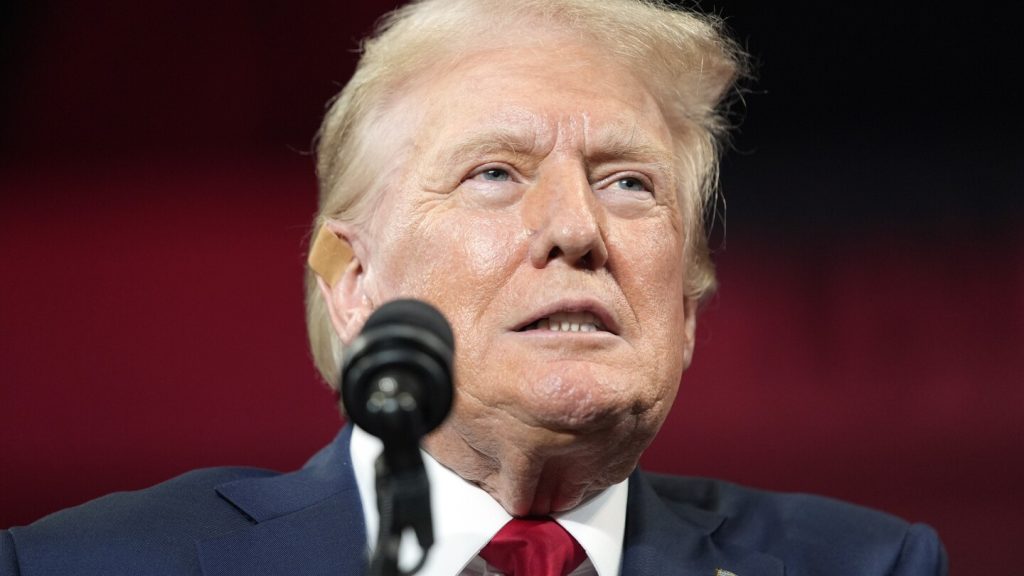The Manhattan district attorney’s office is urging a judge to uphold Donald Trump’s hush money conviction despite the Supreme Court’s recent ruling on presidential immunity. Prosecutors argue that the verdict should stand as it pertains to Trump’s personal conduct, not his official acts. Trump’s lawyers are attempting to get the verdict thrown out based on the Supreme Court’s ruling, claiming that evidence allowed in the trial should not have been admitted. The trial involved Trump falsifying business records to conceal a deal to pay off Stormy Daniels shortly before the 2016 election, a claim he denies.
Trump maintains his innocence, calling the case politically motivated and pointing out that he was a private citizen when the payment to Daniels was made. However, prosecutors argue that Trump was president at the time of the repayment to his lawyer Michael Cohen, which was falsely recorded in his company’s records. The sentencing for Trump, scheduled for September 18, could potentially lead to up to four years in prison if the verdict stands. The judge is set to rule on Trump’s request to overturn the verdict and dismiss the indictment on September 6.
The Supreme Court’s ruling did not clearly define what constitutes an official act, leaving it up to lower courts to interpret. Trump’s lawyers had previously tried to raise presidential immunity as a defense last year in a failed bid to move the hush money case to federal court. They also attempted to delay the trial until the Supreme Court ruled on his immunity claim, but were denied by the trial judge. Trump’s lawyers argue that presidential immunity should have prevented certain evidence from being admitted, such as testimony from former White House aides and Trump’s tweets sent during his presidency.
Prosecutors counter that the evidence presented at trial was not related to official acts and that Trump’s tweets were personal opinions rather than official communications. The trial judge rejected the idea of prohibiting prosecutors from showing the jury tweets from Trump that he had voluntarily sent out during his time in office. Trump’s lawyers never raised presidential immunity as a defense during the trial, but they argued against evidence from his time in office being allowed. The judge is expected to rule on Trump’s request to overturn the verdict and dismiss the indictment in September.


